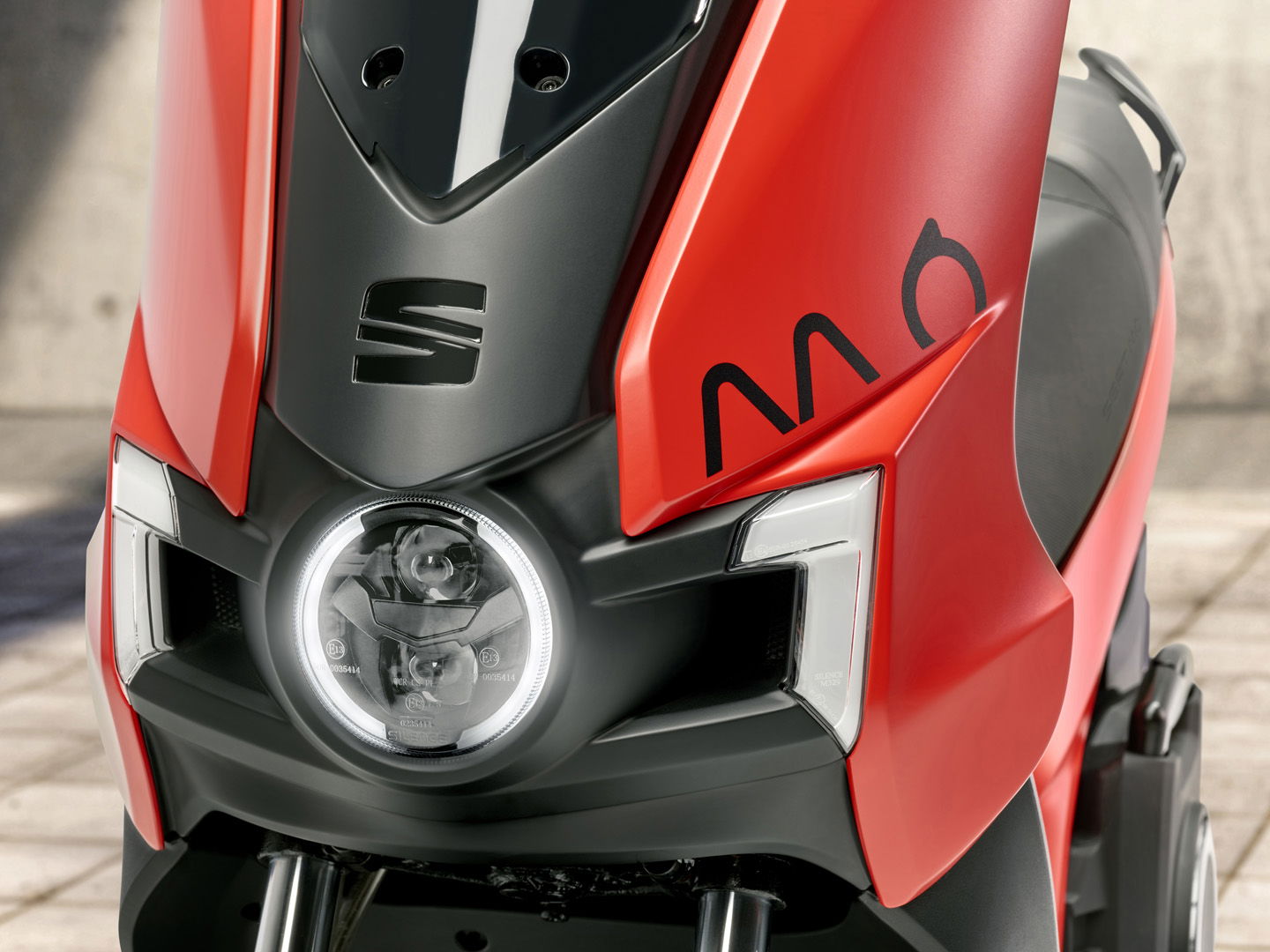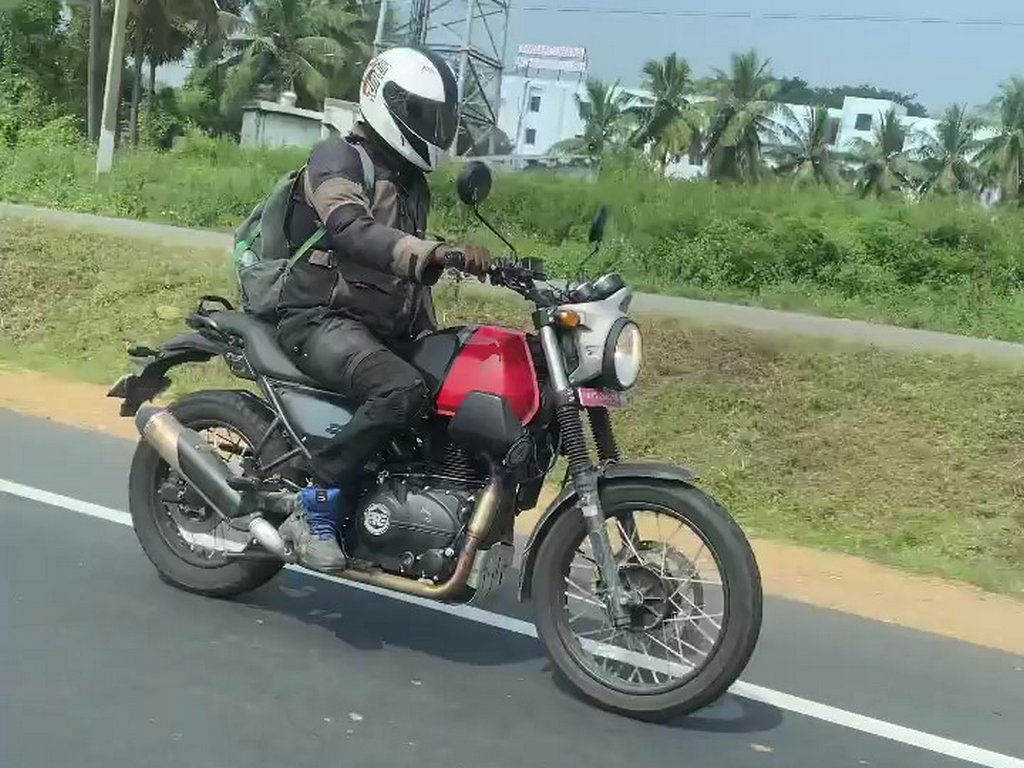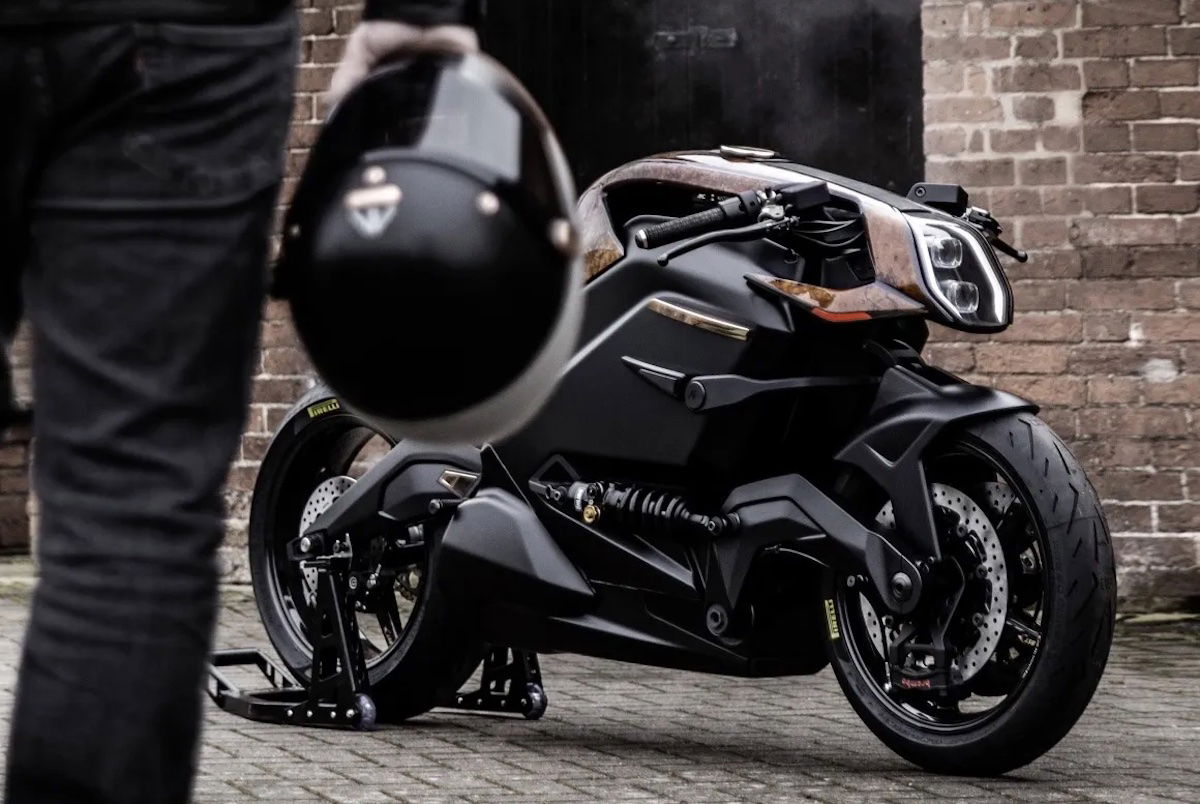Two wheels, Mo problem | Why car giant SEAT is banking big on e-scooter move
SEAT is hoping its reputable image as a car manufacturer will give it the edge against an increasing wave of rivals in the burgeoning e-mobility sector

The man overseeing SEAT’s ambitious move into the two-wheel market has explained why a notable shift in buying habits for its core younger demographic has prompted it to expand its range.
Last year the Spanish manufacturer, best known for its Ibiza, Leon and Ateca four-wheel offerings, revealed the SEAT Mo sub-brand, comprising the SEAT Mo 125 electric scooter, plus two Mo 65 and Mo 25 e-scooters.
While the likes of Honda, BMW and Suzuki have successfully combined manufacturing cars and motorcycles for many decades, SEAT’s decision to bring its four wheel expertise into an increasingly competitive two-wheel sector is both unusual and significant.
Part of the Volkswagen Group - which ranks second only to Toyota in terms of global sales - SEAT says it is attempting to capitalise on its globally-recognised brand as a way of encouraging buyers away from a growing pool of rivals.
“There's a lot of choice in front of people, particularly from China, but what you get with our e-scooters is the trust under the brand Seat," SEAT Mo director Lucas Casanovas told Autocar.
“We were convinced from the very beginning that we wanted to put the Seat name up front. But that brought its own pressures, because it meant we had to make sure that we offered our customers the best service and the best products. We don't want to harm or to damage our reputation.”
At the heart of SEAT’s move into e-mobility is a change in the buying habits of younger people, a demographic SEAT relies most heavily on with an age of consumer around 10 years younger than the industry average.
Spotting a trend in which ‘luxuries’ such as cars aren’t considered as essential as before and the numbers of those getting a driving licence was falling, SEAT says the reflective growth in e-mobility prompted it to expand its offerings.
“Because of the financial crisis in 2008, people’s salaries have remained stable but cars are more expensive. Young people especially are less willing to spend money on a car and prioritise other things like their home and other commodities.
“Then we found that in some countries, the number of people getting a driving licence has dropped 40% or 50%, depending on the country. If young people don't have a driving licence, then of course they will not buy a car.
“Based on that, we said to ourselves ‘the young generations need to move from A to B, but if they don't buy cars, what are they doing to move?’
“We saw this increasing use of kick-scooters, motorcycles and other mobility services like Uber, for example. So we said 'if we don't provide these new mobility solutions to the younger generations, they will go somewhere else'.
“This is when we decided to go to new micro-mobility products but also to micro-mobility services.”

Buy a SEAT car, get a SEAT scooter
SEAT is also banking on the appeal of its cars to stimulate its scooter sales, with buyers in France able to purchase an Ibiza and a Mo in a single package for a monthly fee.
It has also arranged a subscription package to streamline the process of purchasing one and to give buyers more flexibility.
“Our idea is that for the weekend you need the car, but to go to the gym, you may need only the motorcycle, and then for your kids to go to school just the e-scooter.
“We're merging products and services because we have to be prepared to offer the maximum flexibility to our customers.”
Coupled with the government grant for electric vehicles, the SEAT Mo is available for £5,800 on the road in the UK.

